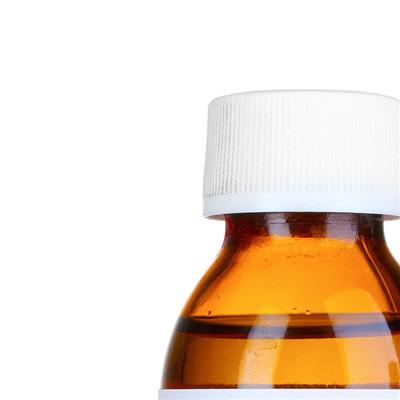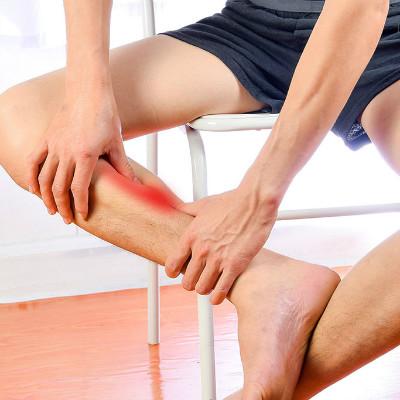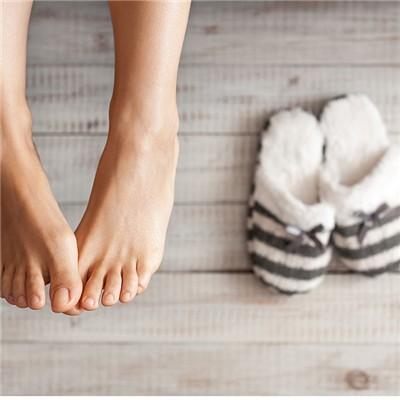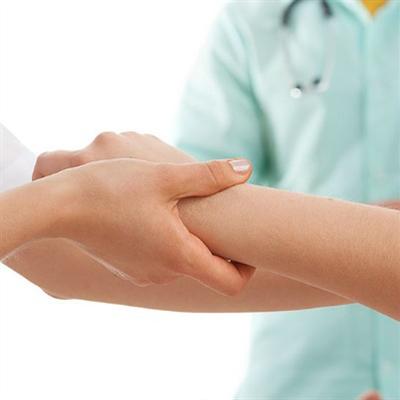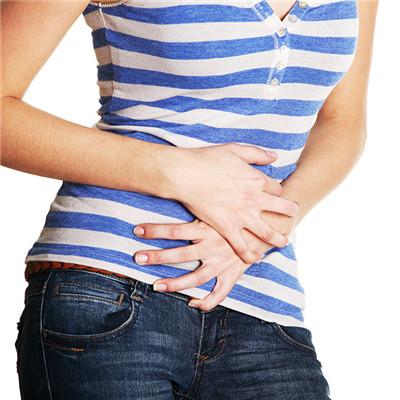What are the clinical symptoms of uterine fibroids?
summary
Uterine leiomyoma is the most common benign tumor of female genitalia, which is mainly caused by the proliferation of immature uterine smooth muscle cells, so it is also called uterine leiomyoma, uterine leiomyoma. Most of the patients were asymptomatic, only occasionally found in pelvic examination or ultrasound examination. If there are symptoms, it is closely related to the growth site, speed, degeneration and complications of myoma, but it is less related to the size and number of myoma. Patients with multiple subserosal myomas may not have symptoms, while a smaller submucosal myoma may cause irregular vaginal bleeding or menorrhagia. The common clinical symptoms are as follows
What are the clinical symptoms of uterine fibroids?
Uterine bleeding is the main symptom of hysteromyoma, which occurs in more than half of the patients. Among them, periodic bleeding is the most common, which can be manifested as increased menstrual volume, prolonged menstrual period or shortened menstrual cycle. It can also be manifested as irregular vaginal bleeding without menstrual cycle. Submucosal myoma and intramural myoma are the most common causes of uterine bleeding, while subserosal myoma rarely causes uterine bleeding.
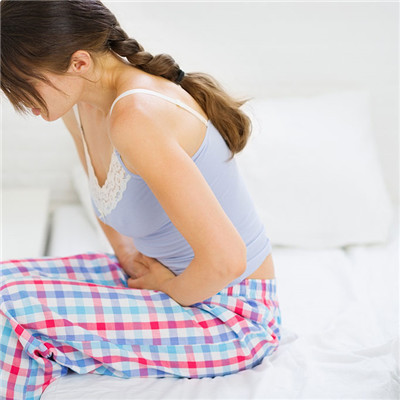
Abdominal mass abdominal mass and compression symptoms of fibroids gradually grow, when it makes the uterus larger than 3 months of gestation, uterine size or larger subserosal fibroids located at the bottom of the uterus, often can touch the mass in the abdomen, especially in the morning when the bladder is filled. The mass was solid and movable without tenderness. When the myoma grows to a certain size, it can cause the compression symptoms of the surrounding organs. If the myoma of the anterior wall of the uterus is close to the bladder, it can cause frequent micturition and urgency; Large cervical myoma * compression of bladder can cause voiding or even urinary retention. Uterine posterior wall myoma, especially isthmus or cervical posterior lip myoma, can compress rectum, causing poor stool and discomfort after defecation; Huge broad ligament myoma can compress ureter and even cause hydronephrosis.
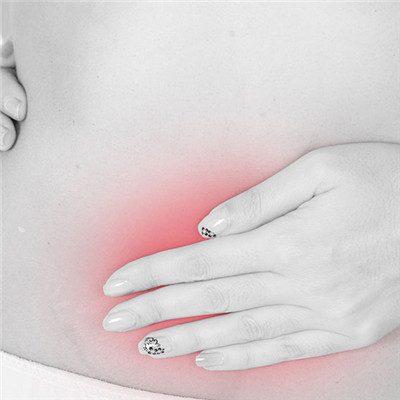
In general, hysteromyoma does not cause pain, but many patients can complain of lower abdominal distension and low back pain. Acute abdominal pain may occur when subserosal myoma has pedicle torsion or uterine myoma has red degeneration. Dysmenorrhea may occur when myoma complicated with endometriosis or adenomyosis.
matters needing attention
Patients with uterine fibroids should pay attention to diet: do not eat spicy food, do not eat hormone foods, avoid spicy food and beverages such as capsicum, pepper, raw onion, garlic, Baijiu and so on. They should be light, and do not eat mutton, shrimp, crab, eel, salted fish, black fish and other hair products. Fasting longan, jujube, donkey hide gelatin, royal jelly and other thermal, coagulation and hormone containing foods. Eat lean meat, chicken, eggs, quail eggs, crucian carp, turtle, white fish, cabbage, asparagus, celery, spinach, cucumber, wax gourd, mushrooms, tofu, kelp, laver, fruit, etc.
